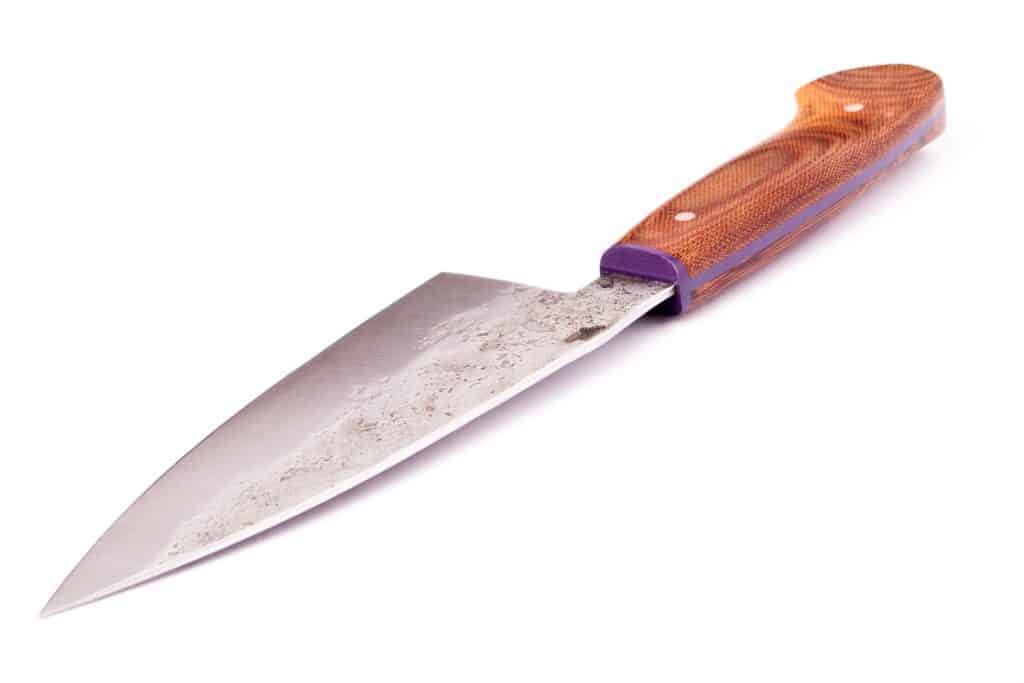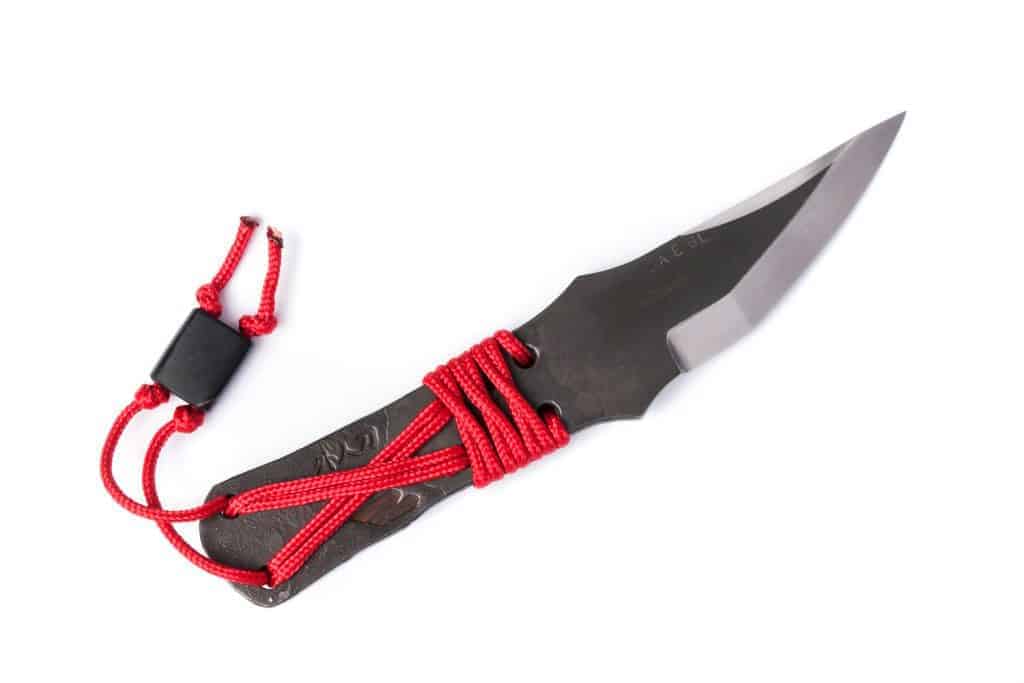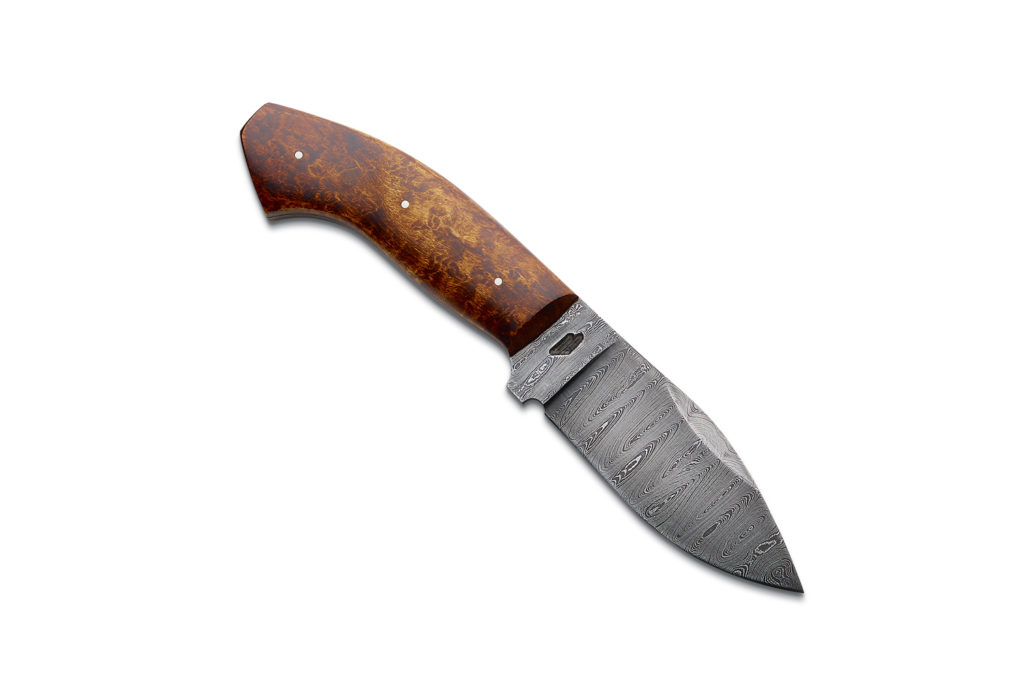


Knife Care
Thank you for purchasing a Nick Rossi knife. What follows are some recommendations and words of wisdom on caring for your knife.
You might have had a moment of panic the first time you cut a lime and watched your shiny new blade turn a splotchy gray. This is normal. Our knives are made of a high-carbon steel that has no stain-resisting properties of its own. Stainless knives have to contain at least 12% chromium to be stainless. The chromium keeps the blades shiny, but every other aspect of knife performance suffers greatly. Stainless knives are weaker, very difficult to sharpen and do not get as sharp as carbon steel knives. (Did you know Julia Child was a strong advocate of carbon steel?)
The irregular oxides that form on the surface of your blade as you use it are not harmful. As you use the knife, the oxides will build, and eventually slow to a rich patina.
Cleaning
A word of caution: Do not put our knives (or any knives, for that matter) in the dishwasher. A dishwasher has a sand-blasting effect on the edges of fine knives.
If acid or water sits on the surface of the blade, deep pitting or red rust may appear. Scrub those spots with a green scrubbie or 600-grit sandpaper. If the blade is already patinated from use, it will create a shiny spot. Use as normal and the patina will reestablish itself.
If you have a damascus steel knife, the pattern can be brought back by scrubbing with 2000-grit wet/dry paper, commonly available at any automotive supply store.
Sharpening
Sharpening should be done on a fine stone or steel. Do not use any sort of “pull through” sharpener.
Return luster to the knife handle with mineral oil and steel wool.
Nick will happily tune up, sharpen and refinish any of his knives that have normal wear and tear. This is done by appointment or for the price of shipping. Contact Nick to make arrangements.